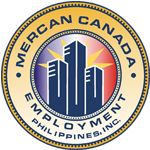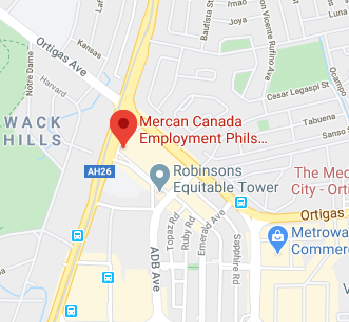Temporary resident: Special authorization for dual nationals
(formally known as facilitation visa)
More information on special authorizations (formally known as facilitation visas) can be found here.
Canadian citizens abroad are the responsibility of Global Affairs Canada, and not IRCC. A Canadian citizen who wishes to travel to Canada should be referred to the Consular section if they do not have a Canadian passport. There are, however, exceptional circumstances where IRCC can facilitate the travel of a dual national.
Issuance of a special authorization is not to be done merely for the convenience of the client, but in cases where not facilitating their travel would result in undue hardship (usually created through no fault of the client). In addition, it is not the policy of IRCC to assist persons who wish to “hide” the fact of their Canadian citizenship from a foreign government that does not permit dual citizenship.
Note: Documents that are evidence of Canadian citizenship, such as Canadian citizenship cards or Canadian birth certificates, are not travel documents. Transportation companies and the check-in staff have been directed not to board persons who present these documents as prima facie evidence of Canadian citizenship.
Before considering the issuance of a special authorization, officers must verify the status and identity of the applicant through written confirmation from a consular officer that the client has a Canadian passport on record or documentary evidence of citizenship (DEC).
Some circumstances that might warrant the issuance of a special authorization include the following:
- when new, replacement or emergency passports cannot be issued in a sufficiently timely fashion and where the travel is urgent:
- for Canadians in distress (lost/stolen documents)
- for dual nationals coming to Canada for the first time
- for dual nationals who did not obtain a Canadian passport prior to leaving Canada
- for children born in Canada to foreign nationals who have returned to their country and do not wish to assert their Canadian citizenship acquired automatically at birth
- for children who go through the citizenship adoption process overseas and where their country of birth only allows them to leave on that country’s national passport
- for presumptive Canadians under the age of 18 who are coming to Canada either to reside with their Canadian parent(s) or for humanitarian and compassionate reasons, as determined by the visa officer
- The person must also be in possession of a valid foreign national passport or travel document for the special authorization to be issued. Satisfactory evidence (a Canadian birth certificate, citizenship certificate, etc.) must be presented to prove that at least one parent is Canadian, and the visa officer must be satisfied of the parent-child relationship.
Note: This should not negatively affect visa applications for presumptive Canadians under the age of 18 years who do not wish to assert their Canadian citizenship and who wish to be considered a foreign national.
Dual nationals who are required to use their foreign passport for entry to / exit from their country of second citizenship must show their Canadian passport to airline officials to board a flight to Canada.
Special authorizations should only be single entry and valid for the period needed to travel.



